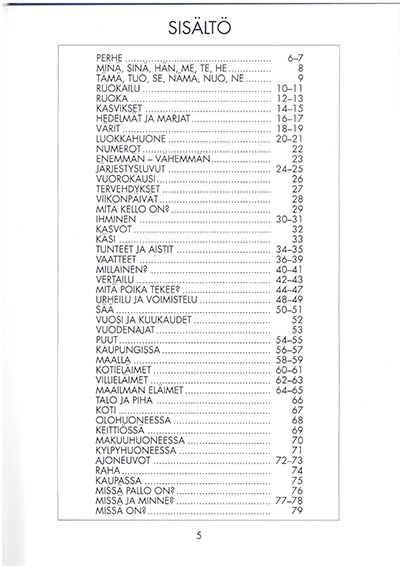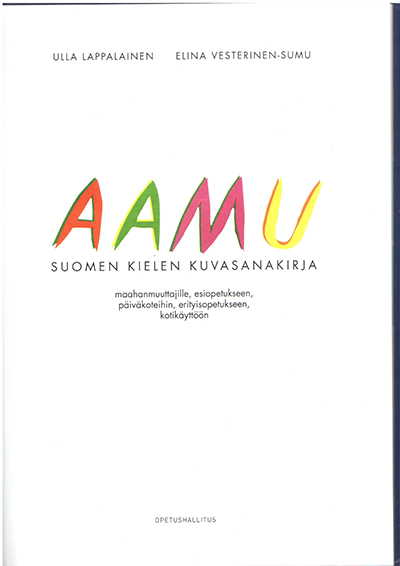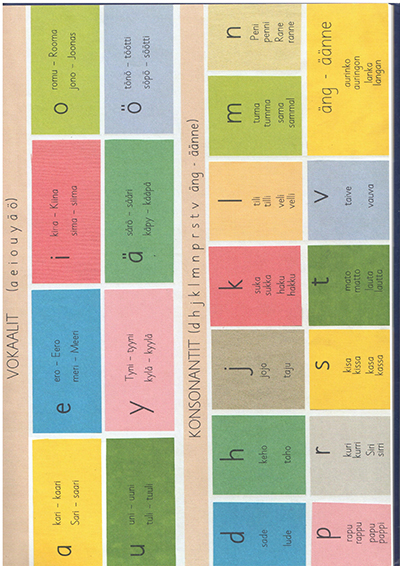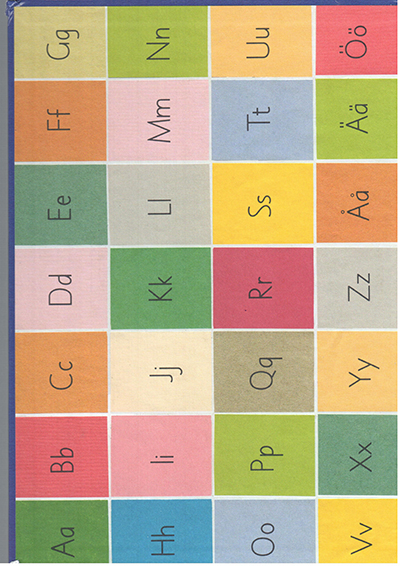| Sorted by date | |||
page097from Building Ideas
extended to apply to a “transcendental
subject”. All this was meant to provide the necessary scientific objectivity to
the kind of philosophy which Husserl was developing, and it was suggested that
this would achieve a certainty of knowledge that even the “normal” sciences
could barely approach. As one commentator described it:
Husserl’s attempt to claw back the ground that had been lost to the physical sciences, in his claim to provide objective truths about the world, led him to an over-ambitious goal for his philosophy, which he admitted in his later work had failed to fully materialize. Even his famous slogan “back to the things themselves” had been somewhat belied by his emphasis on the study of universals. This abstraction in his approach cut him off from history and culture, and failed to capture the full depth of our experience of the world and, with his leaning towards a purely intellectual analysis, the role of the body in perception was played down. While in his later writings, particularly The Crisis of the European Sciences, he did suggest the important of considering these wider themes, it was left to Husserl’s students to develop them in detail, in ways that have since become significant in the course of recent philosophy.
Martin
Heidegger was perhaps the most illustrious of those students. He came to study
with Husserl at the University of Freiburg, and most of the leading figures in
later Continental philosophy owe a great deal to his influence, whether direct
or not. Although in Heidegger’s later work he moved back to the study of
language – as the ultimate source of knowledge or, as he described it, the “house
of being” – it was in his early writings that he turned the phenomenological
methods towards
2 Joseph K. Kockelmans, Phenomenology: The
Philosophy of Edmund Husserl and its Interpretation, Anchor Books, New York,
1967.
|
|||
|
|||
|
|
 ... ...
... ... ... ...
... ... ... ...
... ... ... ...
... ... ... ...
... ... ... ...
... ... ... ...
... ... ... ...
... ... ... ...
... ... ... ...
... ... ... ...
... ... ... ...
... ... ... ...
... ... ... ...
... ... ... ...
... ...